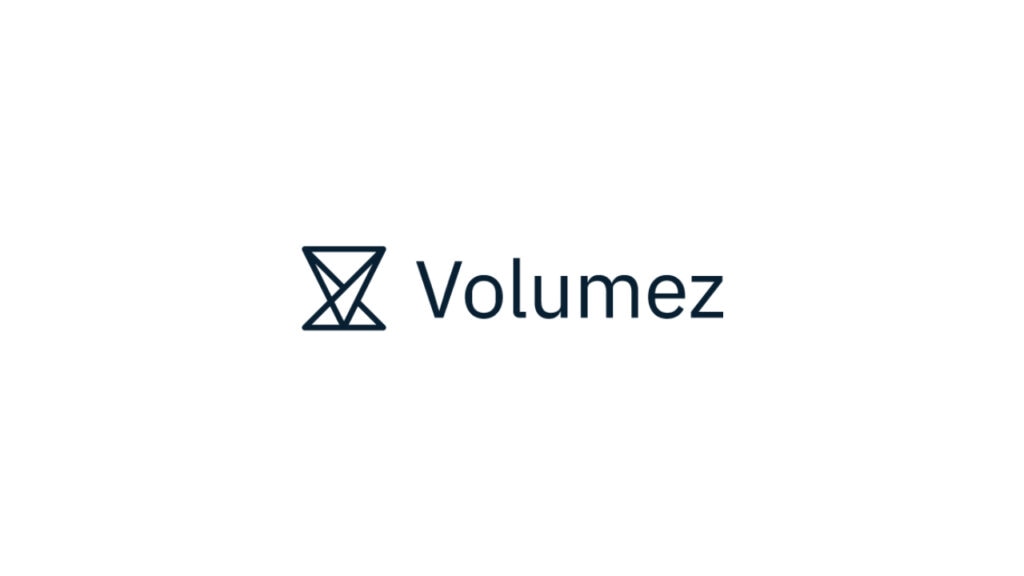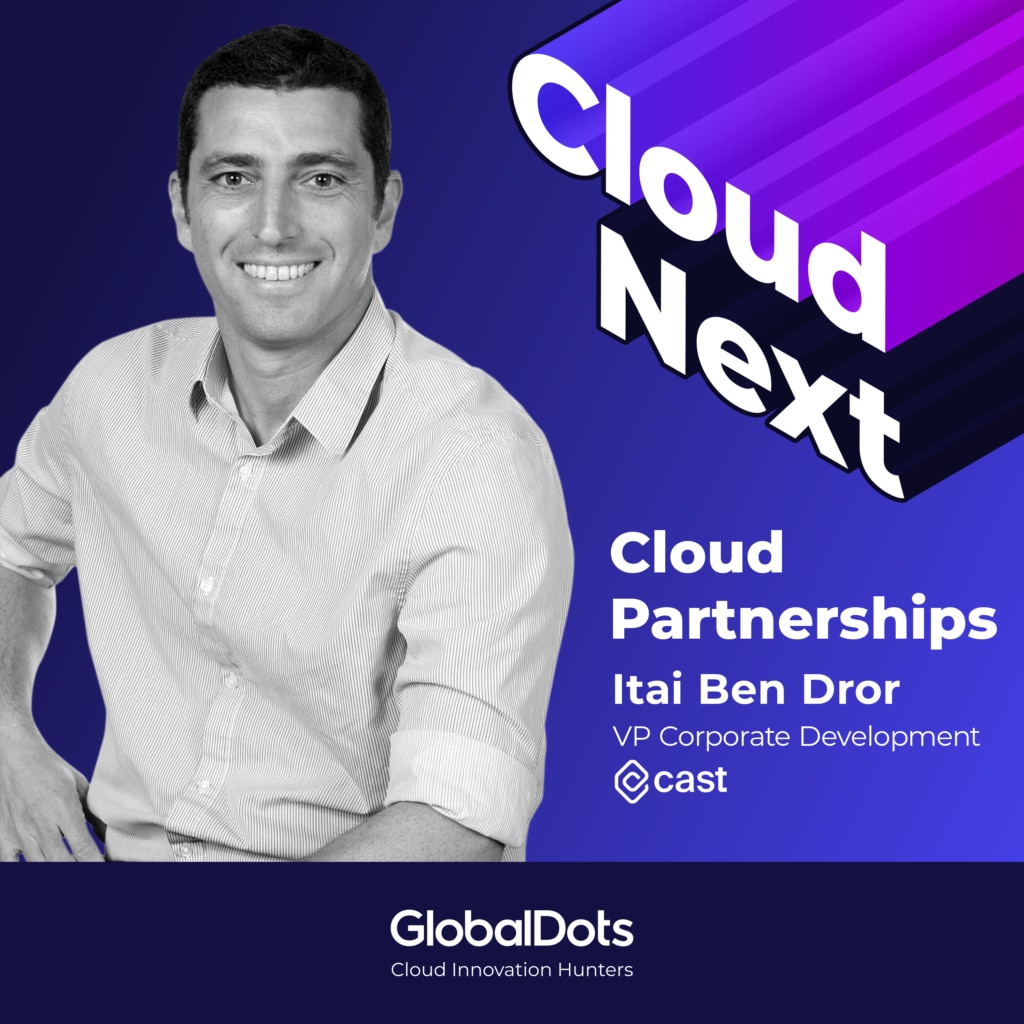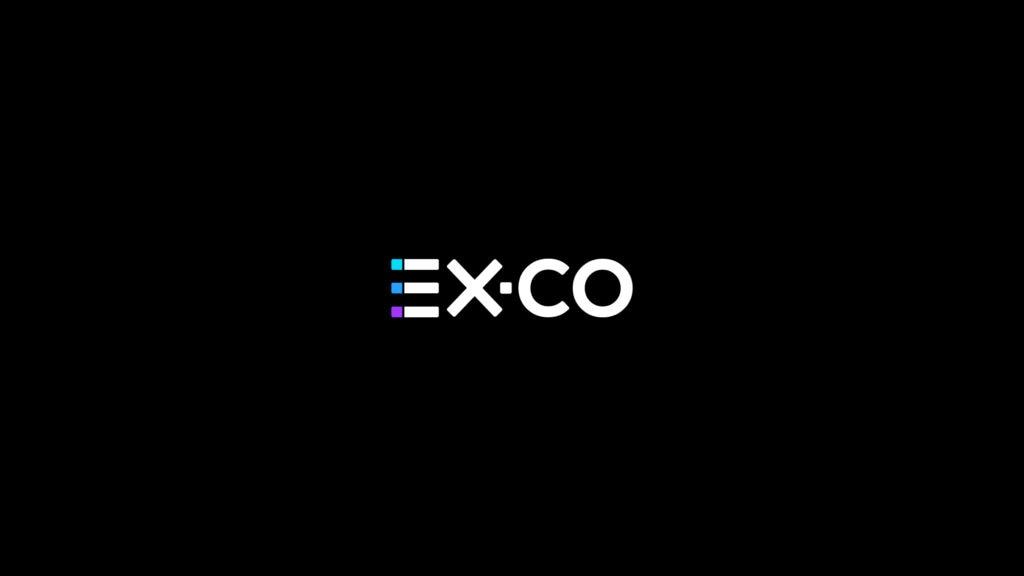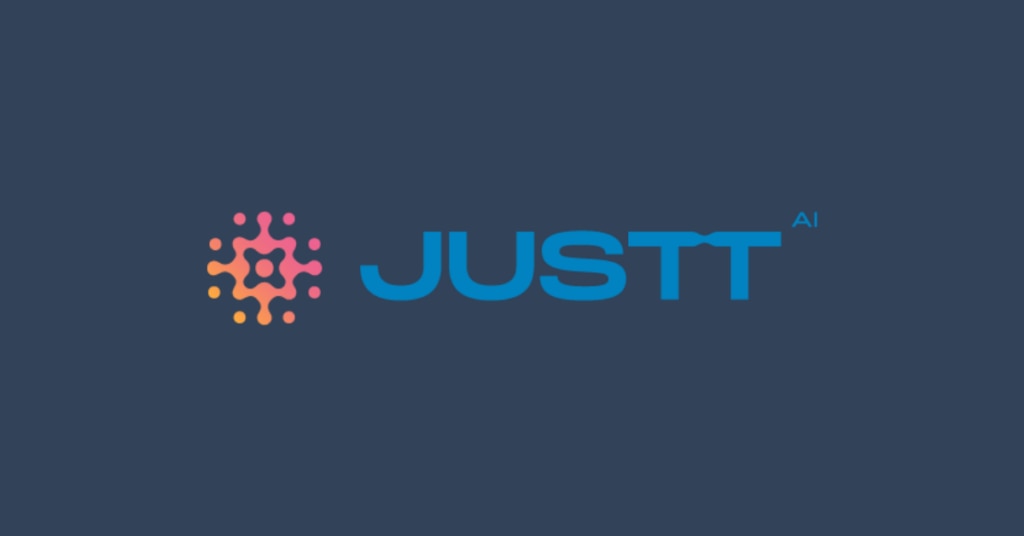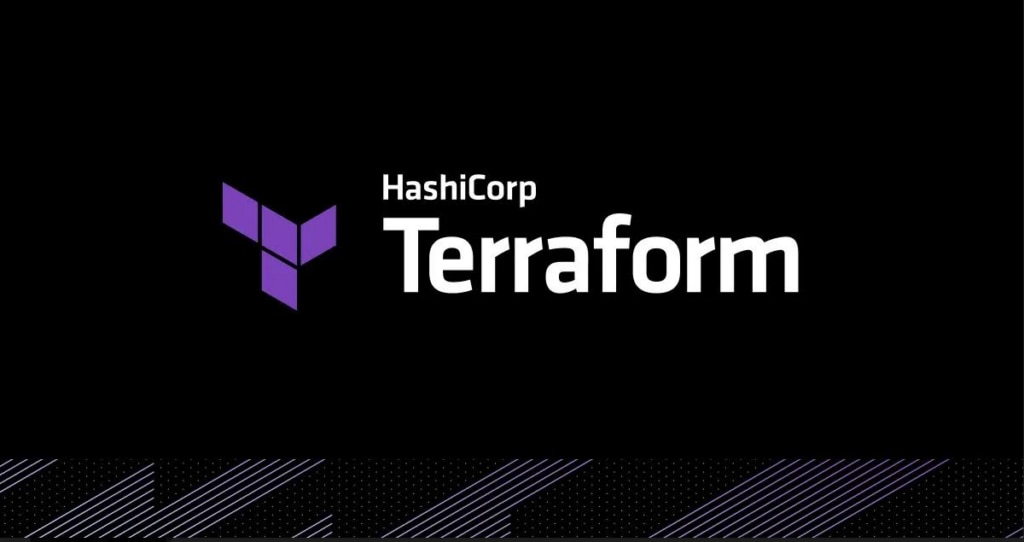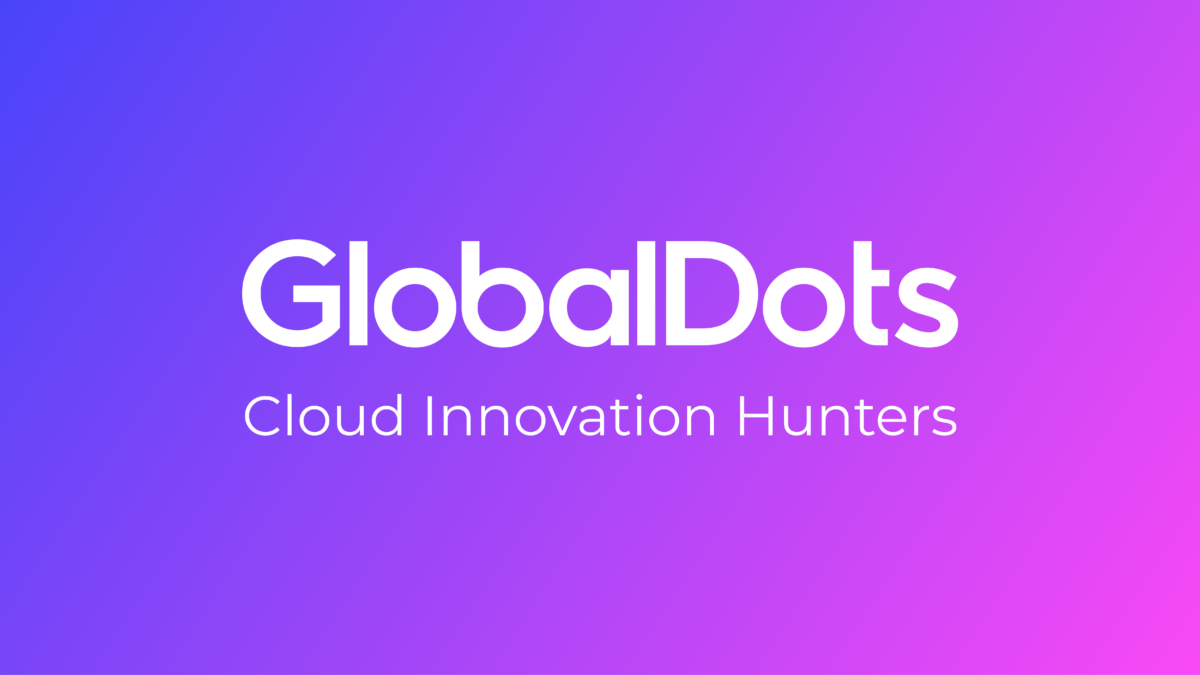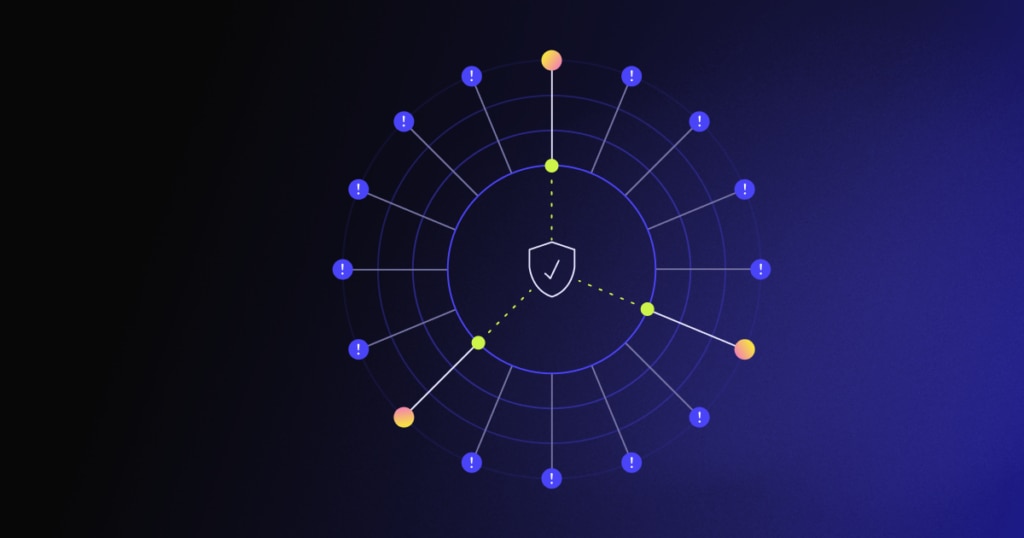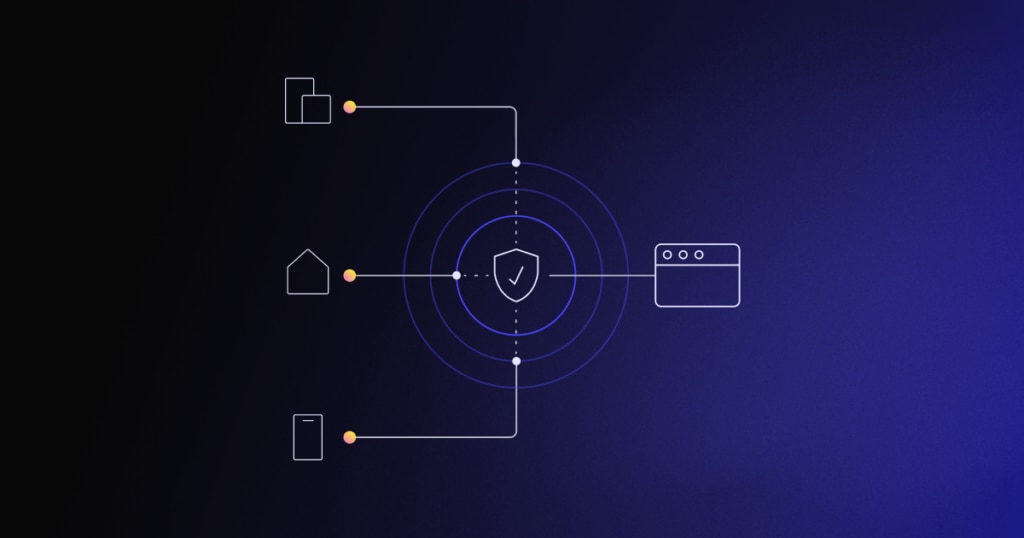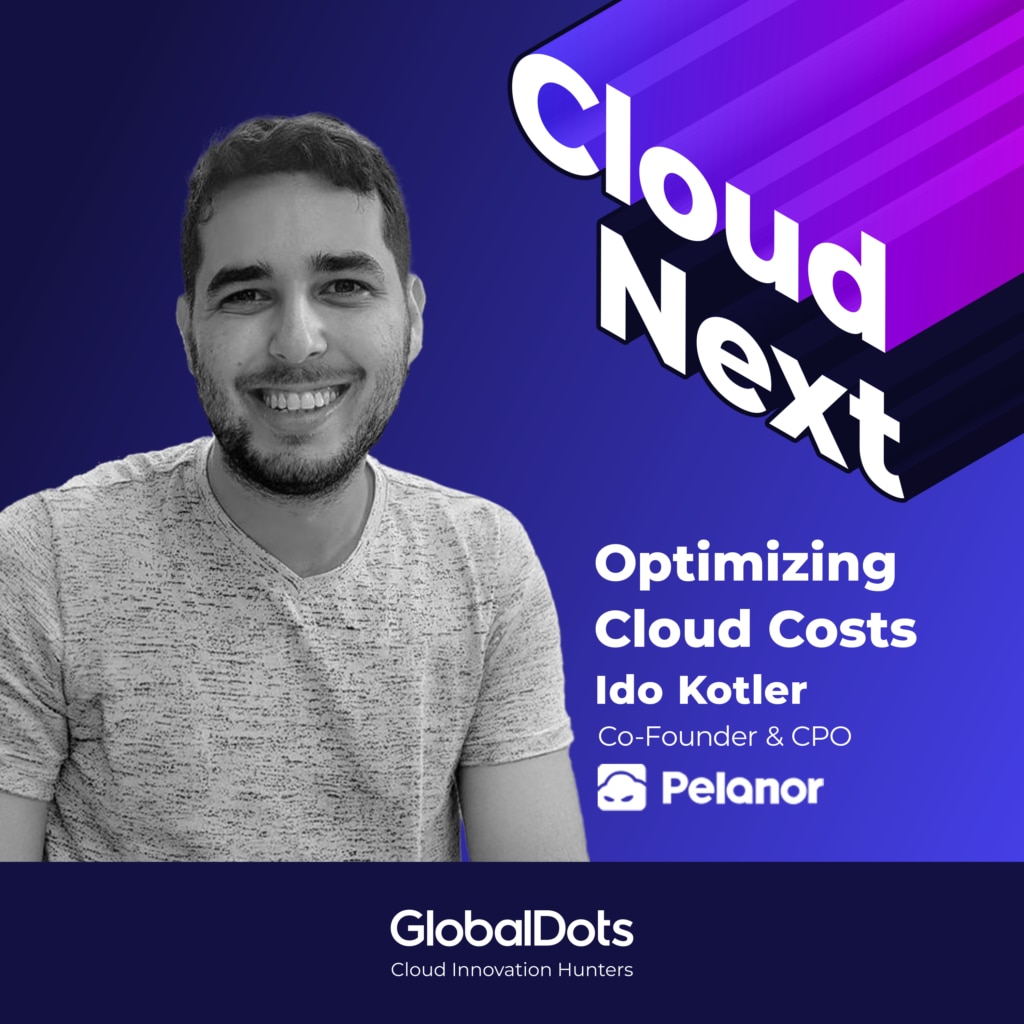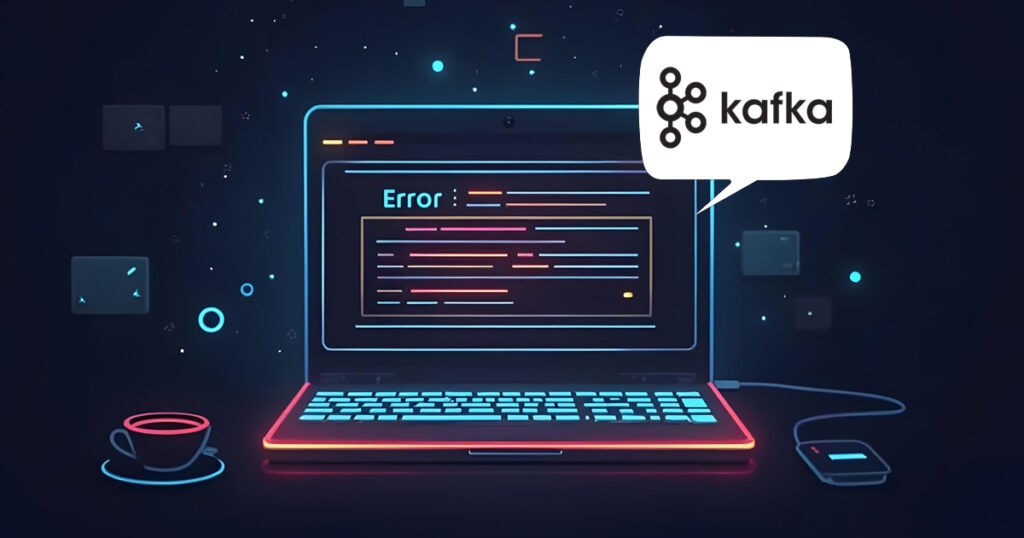This transcript was generated automatically by AI. If you find any mistakes, please email us.
[00:00:00] Announcer: Hello, everyone. You're listening to Cloud Next, your go-to source for cloud innovation and leaders insight brought to you by GlobalDots.
[00:00:15] Ganesh: I think it's safe to say that most of us have never met a manager or a team leader that would [00:00:20] say no to more team members. We always want more hands on deck, but should we?
[00:00:25] Do more working hands really mean better and faster outcomes? I'm Ganesh the Awesome and today our guest refused to expand her DevOps team. She's here to tell us why and to talk about the difference between a leader and a manager, specifically as a woman in a male [00:00:40] dominated industry. Lynn Ben Borch. Now, a DevOps team leader at Cygnia has honed her expertise through roles in cybersecurity and system engineering, and we're super happy that she joined us today.
[00:00:52] Lynn, what should people know about you before we jump in?
[00:00:54] Lynn: Thank you for having me. I'm super excited to be here. I've been with Cygnia for the past seven [00:01:00] and a half years, pretty much since its early days. I started off as a system administrator after serving in a similar role in the IDF. And about five years ago, I transitioned to The DevOps world.
[00:01:13] And in the past year and a half, I've had the privilege of building a DevOps team from [00:01:20] scratch in Signia and leading an extremely talented team.
[00:01:23] Ganesh: And you have my, um, you have my heart as somebody who used to be. a service desk operator and a system admin. So I have the shared pain of the same history.
[00:01:35] Exactly. A little birdie told me that you actually [00:01:40] refused to expand your team. Can you tell us about that? So I know
[00:01:43] Lynn: it sounds very surprising to most people, but I do believe that you have to expand your team strategically and not at all costs. And I'll explain what it means and what was my experience with it.
[00:01:56] So it was about four months ago. Um, [00:02:00] and at the time I had only one fully onboarded team member and I was in the process of adding a new one. And that's when I was offered the opportunity to add yet another team member. So. Obviously, um, as you said, having more hands on deck sounds very tempting, uh, especially in a company like Signia [00:02:20] that provides 24 seven services.
[00:02:22] However, um, I had in mind that I want to have a successful onboarding process for the new team members and that it takes a lot of time and efforts from both. your team members and yourself as a leader. And this, uh, led me to wonder if this is an [00:02:40] actual opportunity to expand or, uh, is if this could potentially jeopardize the success and, um, efficiency of my team.
[00:02:49] And that's, uh, when I took a step back and delved into, uh, what I call a team member life cycle. Um, it's basically the journey [00:03:00] a team member goes through from the moment he joins the team until he leaves it or changes a role within the team. And it has three main phases and I'll go through them quickly.
[00:03:12] Um, the first one is alignment. It's probably the first 90 days of a new team member when he goes through the [00:03:20] onboarding process. The second one. And the most important one, in my opinion, is the development. It's when team members are fully on board and they are doing their jobs and actively contributing to the team success and efforts.
[00:03:33] The last one would be transition. It's when an employee is going through a world change such as promotion or maybe [00:03:40] being moved out of the team, um, or being fired. So naturally, um, you want the majority of your team to be in the development phase. That's the phase where you get the most value. out of your employee.
[00:03:55] Um, cause in any other phases, the alignment and transition, um, the employee's ability to [00:04:00] contribute to your team's effort is very limited. So if I were to accept the offer and add one more employee at the time, I would be investing the highest percentage in the alignment. rather than in development. So I knew that this could risk the team's [00:04:20] ability to meet deadline.
[00:04:21] Um, it would risk productivity and it was also risk the ability to provide a quality onboarding experience for the new team member. So for me, strategic team expansion, let's say that way. It's all about playing it smart with the timing, um, to maintain [00:04:40] a long term and continuous success in your team.
[00:04:43] Makes sense
[00:04:44] Ganesh: with the three different modes you have. So the three different stages, which requires the most energy and input from you. And I guess I probably know the answer that it's the first first 90 days of somebody. And how does that impact the rest of the team? So how [00:05:00] does, how if someone's in that.
[00:05:02] early stage and I don't know, I can't remember what you, alignment. I was going to call it hypercare, which sounds a bit derogatory, but in the alignment stage, how does that impact the team
[00:05:13] Lynn: generally? Yeah. So in, in my onboarding process and [00:05:20] probably not only in mine, the team members take an active active part in, uh, in the onboarding process.
[00:05:26] It means basically maybe having training sessions and maybe shadowing tasks. So maybe, um, you know, it, it is time consuming. They have to, they have to be [00:05:40] there for questions for just to be for them. Um, and it takes time. Um, I
[00:05:45] Ganesh: definitely hear you. I've, I've, I remember being in positions myself where I was incredibly busy.
[00:05:52] And although I would love the idea of extra support, the idea of having to train the extra support, it seemed [00:06:00] like, you know, two steps back to take one step forward, that kind of thing. And that's, it's a very painful thing. Um, so looking at your role, particularly, what was the most difficult aspect of transitioning from, uh, put some, a professional DevOps leader?
[00:06:15] Um, into a manager or something that you didn't foresee or as part of your
[00:06:18] Lynn: journey. Yeah. So [00:06:20] I think the one that was the most unexpected for me is the extent of collaborating with other teams or other stakeholders in the company. Um, Maybe it could be the product team and working with them very closely on [00:06:40] tasks and roadmap and even the finance team on budget and expenses and even delivering presentations to executive, which is something that I haven't got the chance to do before, so I didn't know that it included all of that.
[00:06:56] To be honest,
[00:06:57] Ganesh: that's that's a key part of I hear [00:07:00] this a lot from, from my peers in the industry and also colleagues that I've worked with, that you get to a certain point and suddenly you have to be very good at politics, which maybe wasn't part of your persona at all before. Uh, and, and that's a very tricky, that's a very tricky thing because those aren't necessarily skills that you can be, you get taught [00:07:20] at any level of education.
[00:07:21] Yeah, exactly. It's like a brand new thing that you'll just have to immerse yourself in. Looking at other people who are going through that journey. Would you have three pieces of advice for anybody else who's doing that or transitioning from being a professional to a leader?
[00:07:36] Lynn: Yeah, of course. Um, the most important [00:07:40] advice, in my opinion, that I could give, uh, someone else who is taking this journey, um, would be, The first would be communication and transparency are key.
[00:07:51] Um, I feel like as a team leader, you have to be transparent and clear about your vision. You have to set clear expectations for [00:08:00] your team. You cannot expect them to do what they don't know about. Um, and it's something that I see. Um, and you have to remember that this is also a two way street. You have to also be good, good at listening to your team's ideas and feedback.
[00:08:15] Um, and the second one would be to embrace your [00:08:20] team's mistakes. Um, I think it's only human to make mistakes. We all make them. Um, so you have to remember that you can guide them, but you cannot control everything and everyone. Um. And also, you can look at the mistakes, um, as a chance to, for your team to learn and grow.
[00:08:38] And there's an opportunity for [00:08:40] you as a leader to offer this guidance, um, so they can improve. The last one would be to continuously improve. Um, don't be afraid to acknowledge where things aren't going as planned. Um, if a process isn't creating the expected results, uh, adjust it until it does. [00:09:00]
[00:09:00] Ganesh: I like that a lot.
[00:09:01] And yeah, I've talked about fail culture quite a bit, but generally speaking, uh, it should be celebrated that you've tried something, anything, even if the outcome is not necessarily what you wanted. Cause you know, every failure is a closer step to actually having success in where you want to be. Yeah. [00:09:20] And, and having, and having teammates that are scared to fail means that everybody's scared to do anything.
[00:09:27] And that is also, I've worked in environments previously where people were, you know, somebody had to be blamed. If something went wrong, somebody had to be the person. It was your fault. It was that person. [00:09:40] And that was a, that was a cultural way the companies were. And completely toxic because it makes everyone scared to do anything.
[00:09:47] And then you don't do anything, which is even worse. It's better to
[00:09:49] Lynn: fail. Yeah, I think you have to have a safe space for them to admit slip
[00:09:55] Ganesh: ups. Completely agree. And we talked about communication being a key part [00:10:00] and I, I had something I wanted to add there, which was the importance of communication and particularly around what you're doing as a company as relates to DevOps.
[00:10:11] And I remember working for a company where we were setting tasks for DevOps people to fix certain parts of the website and they were doing it and we were having success and [00:10:20] coming back. Actually there was, uh, morale was getting really low in the team because although we said, yes, thank you. And that's done.
[00:10:28] They had no idea what it was for. So they had no idea which part of the website they were fixing. So despite the fact they were doing the work and doing it correctly, um, it didn't lead to a [00:10:40] good environment. So that communication part I think is really interesting and often things you wouldn't expect.
[00:10:46] Like the giving people the backstory and the narrative around why we're fixing something I wouldn't have thought was Mattered so much, but it really does matter to have people brought on as a team I don't know if you had experience of that
[00:10:59] Lynn: [00:11:00] So actually yes, and it's a part of the philosophy of leading with why so we can talk about it later Sounds
[00:11:06] Ganesh: great.
[00:11:07] We'll get into that later. Um, so let's, let's go back to yourself for a moment. Um, can you tell us some of the biggest challenges that you've encountered and that could be tech challenges or leadership [00:11:20] challenges or both?
[00:11:22] Lynn: Yeah. So, um, actually one of the biggest challenges that I faced, uh, involves both technology and leadership.
[00:11:32] And it was the replacement of our cloud cost management system. Um, I had to lead this effort from start to end, [00:11:40] um, and hold multiple, uh, comprehensive proof, proof of concepts, um, with different companies that suggest the same, uh, solution or a similar solution. And I had to address the needs of, uh, different teams at the company, not just my own, of course.
[00:11:59] And it was [00:12:00] for sure the R& D team and also the finance department. and other management teams like client leaders or whoever is going to use this, uh, the system, they had, uh, different requirements and I had to meet them all. Um, so the challenge wasn't only about, you [00:12:20] know, achieving the technical integration, which is in my opinion, the, the easier part, it was actually a strategic move to achieve.
[00:12:28] Specific objectives that we didn't have before, um, such as, um, gaining accountability for cost increases from different teams and also allowing sales [00:12:40] teams to accurate our pricing. It also involved leading presentations to executives and making critical recommendations and decisions and of course, holding training to.
[00:12:55] to all the users.
[00:12:58] Ganesh: I personally love that story [00:13:00] because one of the main jobs that I do is FinOps or Cloud Cost Optimization. So I completely know the landscape and when you're dealing with accounts that are Like a million dollars a month and trying to claw together all the people who are [00:13:20] responsible for that million dollars a month is a complete nightmare.
[00:13:23] Out of interest, one of the key problems that I found is actually getting anybody to take the recommendation. So you can say, Hey, listen, you're spending 36, 000 a month on. You know, tool X, give me 10 [00:13:40] hours of time, we can migrate to tool Y, it drops, you know, 10 times the amount, but then actually getting a large business like that to turn around and actually do the projects is where most of my, my stickiness.
[00:13:54] comes in with working with these projects. And we would have been one of the people that you had to, [00:14:00] when you said they're all doing the same thing and offering the same thing, we would have been one of those people who was doing that to you. So our apologies. But how do you cover those challenges of, of when you're presenting findings and then convincing people that that's the journey?
[00:14:13] Lynn: So I think This specifically wasn't an issue for me because I'm the one who's supposed to, [00:14:20] to do this fixes or these migrations. And I'm happy to do it. Um, the issue for me was, and still is sometimes, um, is the accountability around the different teams. Um, so, um, it's at the start. I had to take [00:14:40] full accountability and responsibility for, um, the entire costs.
[00:14:45] Um, and it was very hard for me. Um, so what we had to do to gain the accountability between the teams, um, we had two requirements from our cost management system. Uh, [00:15:00] the one was to have alerting, um, to select channels cause that's our main, uh, communication. tool and also have cost anomaly alerts, uh, to know about increases and changes at life.
[00:15:16] I mean, not, not just by, by searching it manually, but, [00:15:20] uh, we wanted something to work for us. So what we did, we, uh, created several views, um, a view that, um, is relevant for a specific team and we configured, uh, the anomaly alert and the, um, weekly statuses, uh, alerts to [00:15:40] be sent to this, uh, channel. So when an alert comes in, uh, to the channel, the team leader must, the relevant team leader must write a message or something to acknowledge that he saw that and explain this increase.
[00:15:57] Ganesh: I like that and [00:16:00] accountability would seem to be the biggest problem with a lot of these. large systems and enterprises. So very smart. Um, I I'm gonna, it's our, one of our favorite questions on the show. And we like to ask it of everybody who comes and sits with us. If you had a time machine and you could go back in time, what was the [00:16:20] biggest mistake you would undo or the piece of advice that you would give to yourself to avoid something?
[00:16:24] Lynn: So looking back, um, I would advise myself to step into this leadership role with more preparation. I think it could have saved me a lot of time and effort. Um, I think I would [00:16:40] get more informed about it, uh, from the beginning, read about it, listen to podcasts, um, reach out to friends who have been down the same road, um, and get.
[00:16:50] their insights. Um, generally, I would be more curious about it from the start. And that's,
[00:16:55] Ganesh: that's prior to getting the role. Is there something specific that [00:17:00] you would, you would say to yourself about, um, a leadership mistake or, or a piece of leadership
[00:17:04] Lynn: advice? I would say maybe do not underestimate the onboarding process.
[00:17:09] I had to do it twice. Um, I would say invest in good and quality onboarding [00:17:20] process right from the first person that you join your team. I had to do it from the second one all over again and it worked much better. This would also save me a lot of time and effort.
[00:17:35] Ganesh: Top tips. Thanks for that. Talking about myself again, which is [00:17:40] always my favorite topic.
[00:17:41] Uh, I hated managing people so much that I swore I would never do it again. Uh, I had an example of one guy who was in my team and if I didn't take him to the coffee shop every single day. which took 45 minutes every single day. He would completely disrupt the whole [00:18:00] office. So part of my daily job was to go and do this coffee shop trip with one of my employees.
[00:18:06] How do you feel about this topic and how do you manage difficult personas?
[00:18:11] Lynn: So fortunately, I have the most lovely team. Um, and I don't have, I mean, I wouldn't say I have difficult personas in my team [00:18:20] or else they wouldn't be in my team. Um, but Um, conflicts and challenges with my team members are natural and with other people, of course.
[00:18:31] Um, so what I do, I always ask myself, uh, when it happens, does this person have the [00:18:40] potential for improvement? Um, if they do, I think it's absolutely worth putting in the effort, uh, to help them improve. And it's also a part of my role to provide some kind of mentorship. And of course, it doesn't always come easy.
[00:18:57] So what I would do, I would try to [00:19:00] understand what are the underlying issues there. I would listen to them. And of course I would be open for adjustments that could lead to, could lead to a positive change.
[00:19:12] Ganesh: I, I would have loved to see what you would have done with my coffee shop, man. That would have been, I would love to see how you fix that problem.[00:19:20]
[00:19:20] I love coffee. Yeah, well, you're great. You could have gone with him every day. Perfect. Um, the trick was having someone who wanted to go to the coffee shop. Maybe, maybe that was my fault for not wanting to go. Um, the next question is, uh, maybe a tricky one. Um, although we want to live in a world where the next topic [00:19:40] is not an issue, we're still not there in the industry.
[00:19:43] And we must ask you about your experience in the world of tech. in management as a woman, what can you tell us?
[00:19:50] Lynn: Yeah. Um, you know, I think it's actually wild that we're even discussing this. Um, but I [00:20:00] have to be, I mean, the truth is that I've had my fair share of raised eyebrows in the tech world. Um, I would say that job interviews are where I faced it the most and on both ends of the interview.
[00:20:18] Um, I've [00:20:20] had this one interview, uh, when I entered the room and the guy was sitting with his legs up on the table and he didn't even let me present myself. He immediately dismissed me. And he said something like, but honey. You're just not, you're not, [00:20:40] um, so obviously I took my things and left, but, um, I've had this other times, um, that are trying to, you know, to ask if I'm married, am I going to get pregnant soon?
[00:20:54] Um, unfortunately it's pretty common. And also, um, on the other end [00:21:00] of the interview, when I'm interviewing, um, other people, um, you can almost feel the vibe and their faces. When I enabled the camera, as if they didn't expect me to be this young woman. Um, and sometimes it feels like I'm being put [00:21:20] to a test.
[00:21:21] Um, so I have to say on a positive note, um, that at Cygnia, it's a whole different vibe. Um, we've got several women in key management roles here. So you don't feel that at all.
[00:21:33] Ganesh: Um, it's. It's totally crazy. It's totally crazy that the idea that people in an interview [00:21:40] situation treat it as like a chatter operation to call somebody honey or some familiar name.
[00:21:48] It's totally, totally mind boggling. And I just wonder how many talented tech people, women coming to the industry and they meet that [00:22:00] level of That they just walk away, that they, they, they just think, you know what, I don't even want to be in this industry. We can only hope that this will change in the future.
[00:22:12] Let's go back to team management and how do you build a roadmap and communicate it with
[00:22:17] Lynn: your team? Um, I [00:22:20] think, um, the roadmap is a very powerful tool, um, for creating the connection between the day to day tasks to. a bigger picture purpose, or a bigger picture business goal. Um, this year I based my team's roadmap on [00:22:40] why I introduced why stacks, which are basically a way to present our most significant issues by keep asking why until you reach your root cause issue.
[00:22:51] Um, so for example, an issue might be our development cycle is too high. And then you ask why. Um, and it might have, [00:23:00] have several answers. So one of them might be, um, our feedback loops are too long. Then you keep asking why and you keep on going until you have your answers. And once you do have your answers in place, um, you can base your roadmap and decisions and solutions on why, and also communicate [00:23:20] them better to your team and outside your team.
[00:23:22] Um, why? this is a priority. Why do I need to allocate this amount of time for this solution and
[00:23:30] Ganesh: so on. And your philosophy would be called leading with why or what would you call your why philosophy? Yeah.
[00:23:36] Lynn: Uh, I think it started when I ran into [00:23:40] the, uh, Simon Sinek TED talk. Um, and later his book start with why, uh, when I realized there is power.
[00:23:48] to the world. Why? Um, the first why I had to ask myself after reading this book is why I took on this role. I [00:24:00] realized that, um, it's the ability to influence other positively and have a more substantial role in accomplishing business goals. Um, and also I think that in a leadership position, You find yourself as kind of a bridge or [00:24:20] a mediator, um, between the business and your team, and you have to align your team with the bigger picture by communicating the why.
[00:24:29] Um, so besides the roadmap, another practice that I've embraced to achieve that is When assigning tasks to each team member, especially with [00:24:40] tasks that require a hard deadline, I make sure to explain the why behind it, the motivation for its significance. So in this way, they can understand not just what what they are doing, but also why it matters.
[00:24:56] Um, what it affects and they're more [00:25:00] engaged to the
[00:25:00] Ganesh: task. I like it. I like it a lot. And yeah, it's, it's a simple, it's a very nice, simple philosophy as well, but, but, but also very powerful and correct does, does solve my previous question around, um, giving greater context to people so they feel more [00:25:20] bought into the journey.
[00:25:21] Yeah, exactly. And I always like to ask people, we live in a very fast paced technological world. Everything changes every six months. And particularly with DevOps, this is, you know, even more the case that things are just rapidly changing. How do you stay on top of technological [00:25:40] changes? What's your, what's your, what's your way to receive new tools or, or keep on top of
[00:25:45] Lynn: things?
[00:25:45] Yeah, so, um, we do attend conventions, for example, KubeCon is a very, a very great convention that we like to attend, um, to look for new solutions, new [00:26:00] technologies. And also, um, we do follow, for example, our cloud is AWS, so we do follow AWS, um, release notes and the re invent convention sessions. So we do look for new technologies proactively, but we might not use them.
[00:26:19] [00:26:20] Um, I mean, I'm not going to use the technology just because it's cool. I would use it if it solves
[00:26:28] Ganesh: Makes perfect sense, out of interest, somebody in your position, is there a particular tool that you use that is maybe people don't know about or some sort of productivity [00:26:40] hack or something that you use on a daily basis to keep your life in order that maybe people would benefit
[00:26:45] Lynn: from?
[00:26:46] I think my, um, The only productivity hack that I could, um, recommend is that if something is taking less than three minutes, do it immediately. Don't wait for, [00:27:00] don't wait for another time
[00:27:01] Ganesh: to do it. Okay. I like that. What if Everybody wants three minutes of your time all the time though. That's the trouble.
[00:27:12] Um, Lynn, totally great having you on the show. Thank you for giving us your time and your insights. Thank you for having me. You're [00:27:20] totally welcome and you're wise. and everything else. This episode was produced and edited by Daniel O'Hanna and Tom O'Morganson, sound editing and mix by Bren Russell. I'm Ganesh the Awesome.
[00:27:31] And if you're ready to deep dive and start transforming the way you approach DevOps, FinOps, and any other practices, then myself and the team at [00:27:40] GlobalDots are at your disposal. We are cloud innovation hunters. We've been in the business for 20 years. It's what we do. And if I don't say so myself, we do it pretty well.
[00:27:50] So have a word with the experts. Don't be shy and remember that conversations are always for free.

